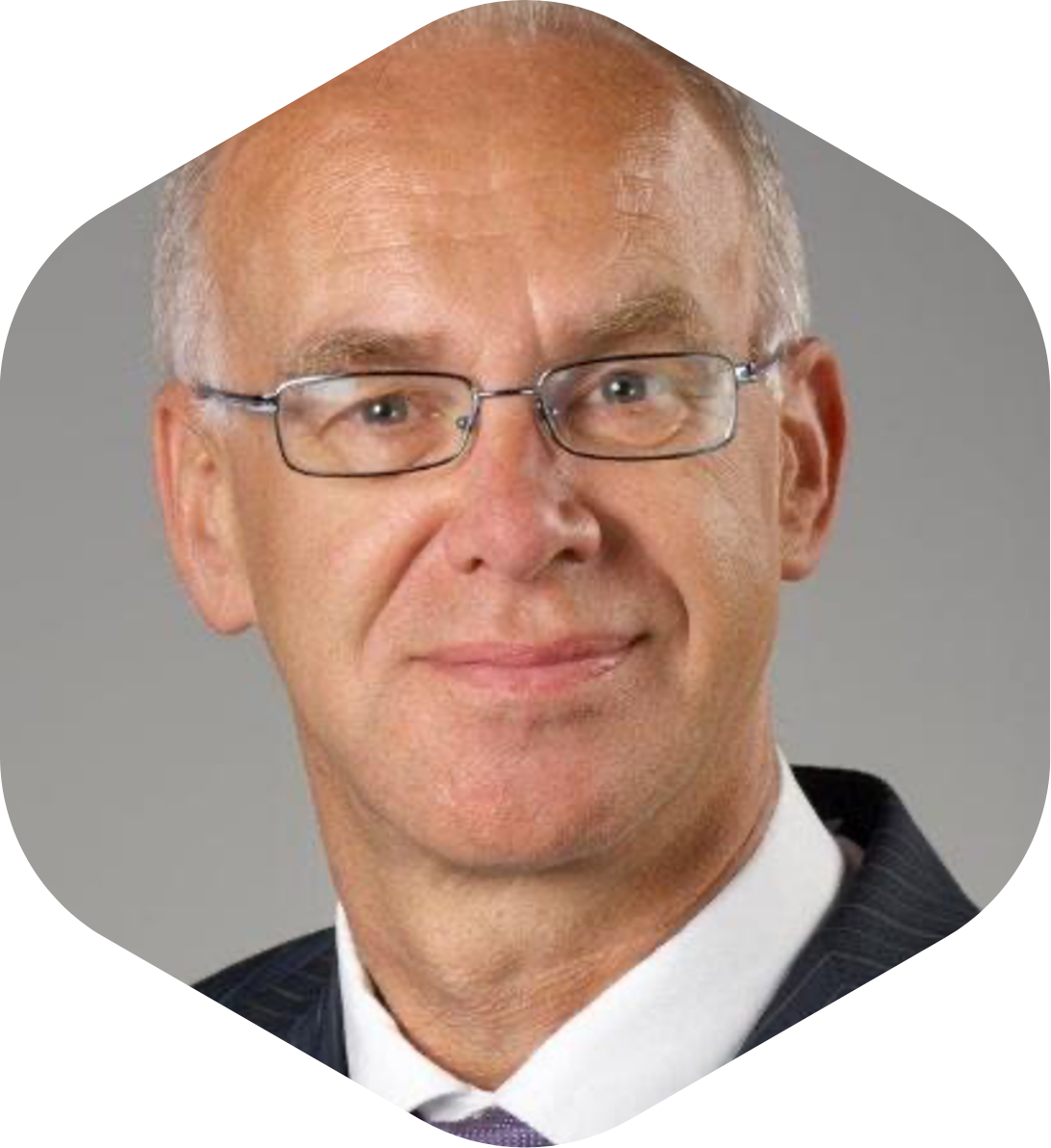The Cardiovascular Moonshot of RegMed XB is a comprehensive program based on the concept of developing personalized cardiac regenerative therapies tailored to individual patients. The researchers aim to enhance the body's inherent regenerative capacity, such as improving contractility and perfusion of the heart muscle, repairing or replacing coronary arteries and heart valves. Importantly, researchers will gain insights into optimizing heart treatment and potentially preventing certain cardiovascular diseases in patients.
The Research
One approach of the Cardiovascular Moonshotis is to restore the heart function outside of the body (ex vivo). The advantage of this method is that we can solely treat the heart and assess cardiac function during treatment, while leaving all other tissues in the body as they are. Initially, this could be an option to restore donor hearts for transplant recipients. After restoring the heart, it will be re-implanted. This strategy also facilitates exploration of gene therapy for hereditary diseases. Along this process, the researchers learn how to treat the heart better and eventually also aim to deduce how to treat the heart inside a patient.
The Cardiovascular Moonshot of RegMed XB is the most recent addition to the Moonshot initiatives. To date, it has completed a hypothermic pilot study that has enhanced researchers' expertise in perfusion models. Currently, this model is undergoing further refinement for optimal heart preservation. Additionally, ongoing histopathological analysis of heart valves aims to elucidate how these valves remodel in response to altered fluid dynamics within the ex vivo heart platform.

